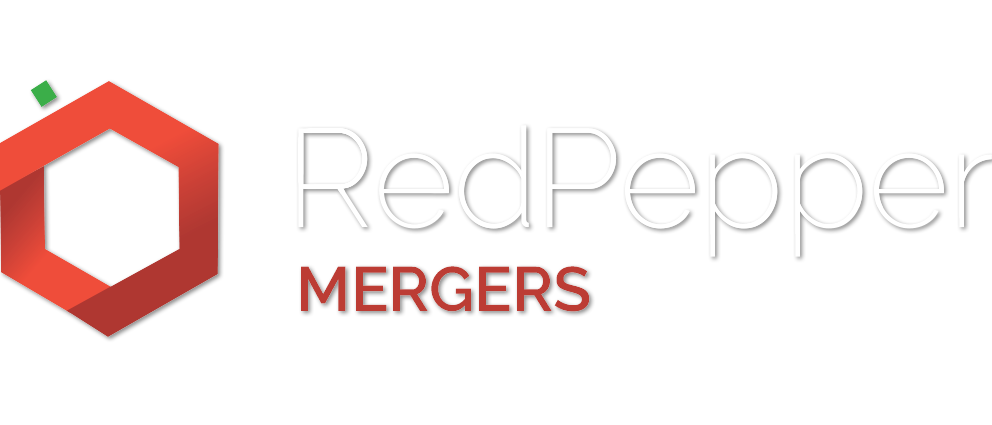On April 18, Prime Minister Malcolm Turnbull went live on Facebook, declaring to all Australians the government would be axing 457 visas in an effort to “protect” local jobs.
For 457 visa holder Claudia Barriga-Larriviere, the day after the unexpected announcement was the worst of her professional life.
“I was waking up the next day to threads on Twitter saying “457s go home” and the government’s announcement was “about time”. I have lived here for 12 years. I pay taxes and I do it happily. I work for an Australian, I’m in love with an Australian,” she says
“I love this country. I’m home.”
Barriga-Larriviere currently works in the role of head of people for Sydney-based startup accelerator BlueChilli. Upon hearing the news of the new policy earlier this year, she prepared to break it to many of the employees under BlueChilli’s roof, something she dreaded.
“Not because we couldn’t work around the changes, but because I had to go down the elevator, and go tell some of our employees their future in this country wasn’t certain,” she says.
The government’s policy overhaul as announced in April involves transitioning from the 457 visa to two classes of short term skilled visa, one for a two-year period and one for a four-year period.
The list of eligible occupations for the visas were also shortened, with the government planning on six-month reviews of which jobs fit into which visa class.
The 457 visa debate has continued to rage since Turnbull’s patriotic April announcement, with some of the most vocal opposition to the policy change stemming from Atlassian founders Mike Cannon-Brookes and Scott Farquhar.
Others in the local startup community have chimed in on the debate, with many telling StartupSmart the planned approach is “getting it wrong”.
The government has been accepting submissions on the proposed changes throughout the year and is reportedly set to release a report and draft legislation this month.
While many hope the wider push from advocates in the startup community has changed the government’s mind on the issue, some are more sceptical.
Barriga-Larriviere is begging the government to stop “pandering to the vocal minority” with the changes, challenging the notion that457 visa hires were have been stopping Australians from getting jobs.
“I have not met one single Australian person who saw this change and said ‘oh finally, now I can get a job. This is what’s been standing in my way’,” she says.
“I haven’t heard anyone in a HR position in tech sigh with relief that they can finally hire Australians now. If someone like that exists, I would like to meet them.
“I’d like to meet anyone who would benefit from this change.”
Barriga-Larriviere notes one of the misconceptions surrounding the former 457 program was that it was easy to hire skilled migrants. She says the process is actually laborious, taking up to six months for immigration to even begin to consider an application.
For any startup or accelerator, six months is a “lifetime and a half” she says, and while the government’s dream of local tech companies plucking graduates “green off the vine” and plugging them into tech companies, that approach simply doesn’t fly for the majority of scaling startups.
“At BlueChilli we make a clear promise to our startups that we’re going to help them get the best investment, get customers, help them scale, and help them establish their team,” Barriga-Larriviere says.
“For that, we need to get the best and brightest, and that doesn’t mean graduates fresh from uni. They’re not the best and brightest, they have no experience behind them. It’s not just plug and play, we need people ready to do the work from day one.”

457 hiring not a “zero-sum game”
At the end of 2015, Malcolm Turnbull’s Innovation Statement touted an innovation agenda” as a major tool to create a “modern, dynamic 21st-century economy” for Australia.
The agenda included significant new funding for Australian startups, tax incentives for investors, and better education for students interested in the tech space.
At the time, then industry minister Christopher Pyne stated: “This is an agenda that is about jobs, it’s about growth, it’s about the future of the Australian economy”.
Those comments echo those of Turnbulls upon announcing the 457 visa changes. However, Barriga-Larriviere is convinced the new visa scheme will continue to drive talent away from Australian shores.
“It’s hard for us to say to someone in the US or in Europe: ‘pack up your life and your family and come here, but we have no idea if you can stay or not so don’t make yourself too comfortable’,” she says.
“That’s what concerns me. I get to work in a three-storey building with our name on it – we can figure this out. But startups who desperately need an injection of talent but don’t have the local connections, that’s where the problem is.”
“It’s not a zero-sum game. It’s not about taking an Australian’s job, it’s about creating an opportunity through importing talent. If that person comes into a market with a fresh mindset and a new way of doing things, that’s going to create more jobs and a larger economy. Why is that bad?”
Ignore the squeaky-wheel minority
Speaking to StartupSmart on the day of Australia’s historic same-sex marriage vote win, Barriga-Larriviere said the day was being celebrated as a moment where the country provided a “resounding yes to equality and inclusion”. She questions why the government isn’t extending that inclusion to 457 visa applicants.
“I would like the government to realise we’re more inclusive and progressive than they give us credit for, and stop pandering to the squeaky wheel minority,” Barriga-Larriviere says.
“Change the law so the 457 loopholes are closed, don’t change it so much that it looks like Australia’s closed for business. It’s about the message we’re sending to the rest of the world, and right now that message is ‘we don’t want you here’.
“There’s no way to hit the reset button now, but at least we can try to change it a few degrees at a time. Stop sending the message that Australia isn’t an inclusive and generous country – because we are.”
Follow StartupSmart on Facebook, Twitter, LinkedIn and iTunes.
The post “Stop pandering to the vocal minority”: Startup community says 457 visa changes fail to represent Australia’s inclusive spirit appeared first on SmartCompany.
VIEW ARTICLE
If you would like to know more regarding the topic in this blog post, please do not hesitate to contact us.

